Ocean of Life
 “Ocean of Life” is possibly a strange choice of book for a chandlery to sell, let alone write a blog about, given that it is about neither boats nor sailing! It is, however, a book that should be read by everybody who uses the sea - a category that far exceeds the boating community to include pretty much everybody, given how reliant we are on the oceans for transport, energy and food.
“Ocean of Life” is possibly a strange choice of book for a chandlery to sell, let alone write a blog about, given that it is about neither boats nor sailing! It is, however, a book that should be read by everybody who uses the sea - a category that far exceeds the boating community to include pretty much everybody, given how reliant we are on the oceans for transport, energy and food.
Roberts is a biologist and professor of marine conservation at the University of York, author of two successful books and numerous academic papers (including the intriguing sounding “Effects of fishing on sex-changing Caribbean parrotfishes” – who knew?). He is clearly drawn to the sea in the same magnetic way that many of Arthur Beale’s customers are, and this makes the book very approachable.
Ocean of Life is, more than anything else, a clear and well written catalogue of the scale and history of the problems facing the life in the planet’s seas, from oil spills and overfishing to pollution and plastics. It is a book that may well change your view on our relationship with the sea (it certainly changed mine). Take oil, for example – for most of us, mention of oil pollution conjures up pictures of seabirds wallowing in crude oil after the Exxon Valdez disaster, or the Deepwater Horizon oil well gushing into the Gulf of Mexico. Roberts tells us, however, that “… the biggest source of oil pollution in the sea is not from tanker spills or careless drilling, but from people like you and me. Two thirds of the oil spilled into the sea around North America is carried with run-off from land, or introduced directly by pleasure boats and jet skis.” I’m sure the same is true of our own European waters. He continues, saying of two-stroke engines that “...they are cheap, light and powerful, but these assets come at a high cost to the environment. A quarter of the fuel-oil mix blows straight through the engine into the sea, where it concentrates at the surface, wrapping around and poisoning the floating eggs and hungry larvae of hundreds of species. Four-stroke engines… emit ten times less pollution than the cleanest two-stroke motors. It is time to call time on two-strokes.” It’s hard to disagree, no matter how fond you may be of your aging two-stroke.
As sailors, it’s often easy to think of the sea as a vast, powerful entity (especially when on a small boat in a big sea...), rather than what Roberts demonstrates it to be – a fragile network of ocean forces and ecosystems which are rapidly being destroyed by over exploitative humans. Roberts manages to do this, and offer alternatives and solutions, without preaching to the reader. A thought-provoking and important read.
“Ocean of Life” by Callum Roberts - £12.99, Penguin Publishing - BUY NOW

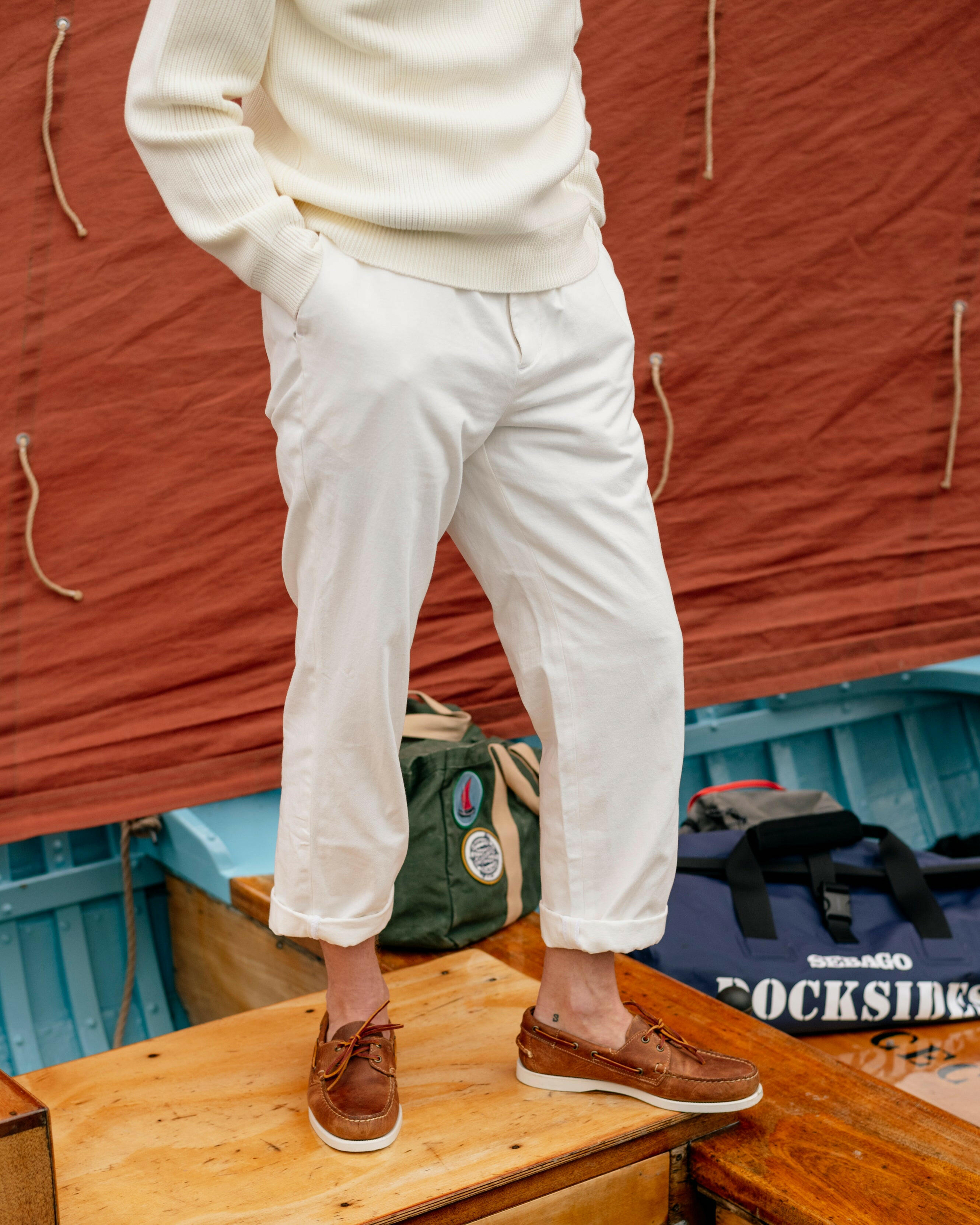





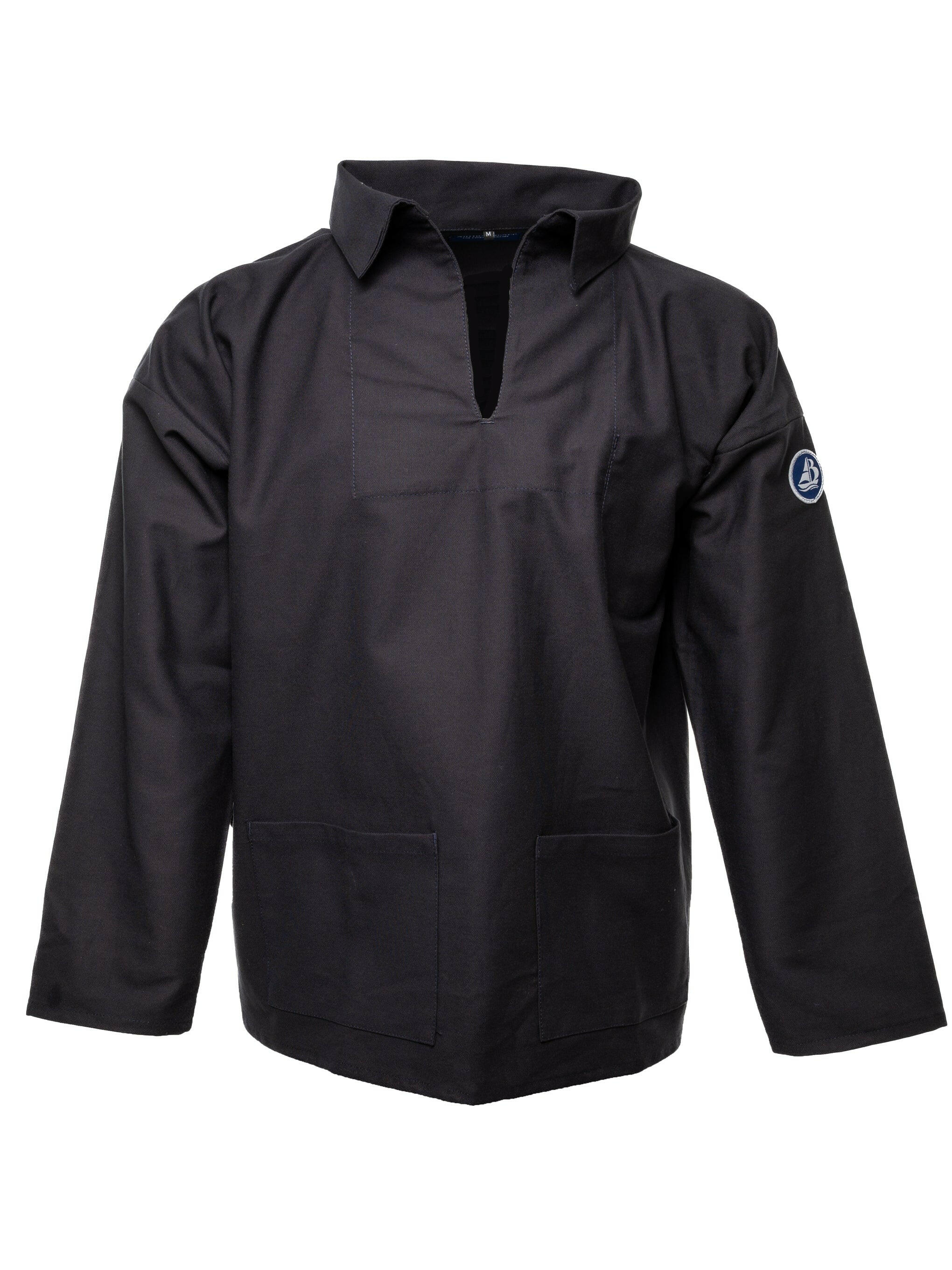

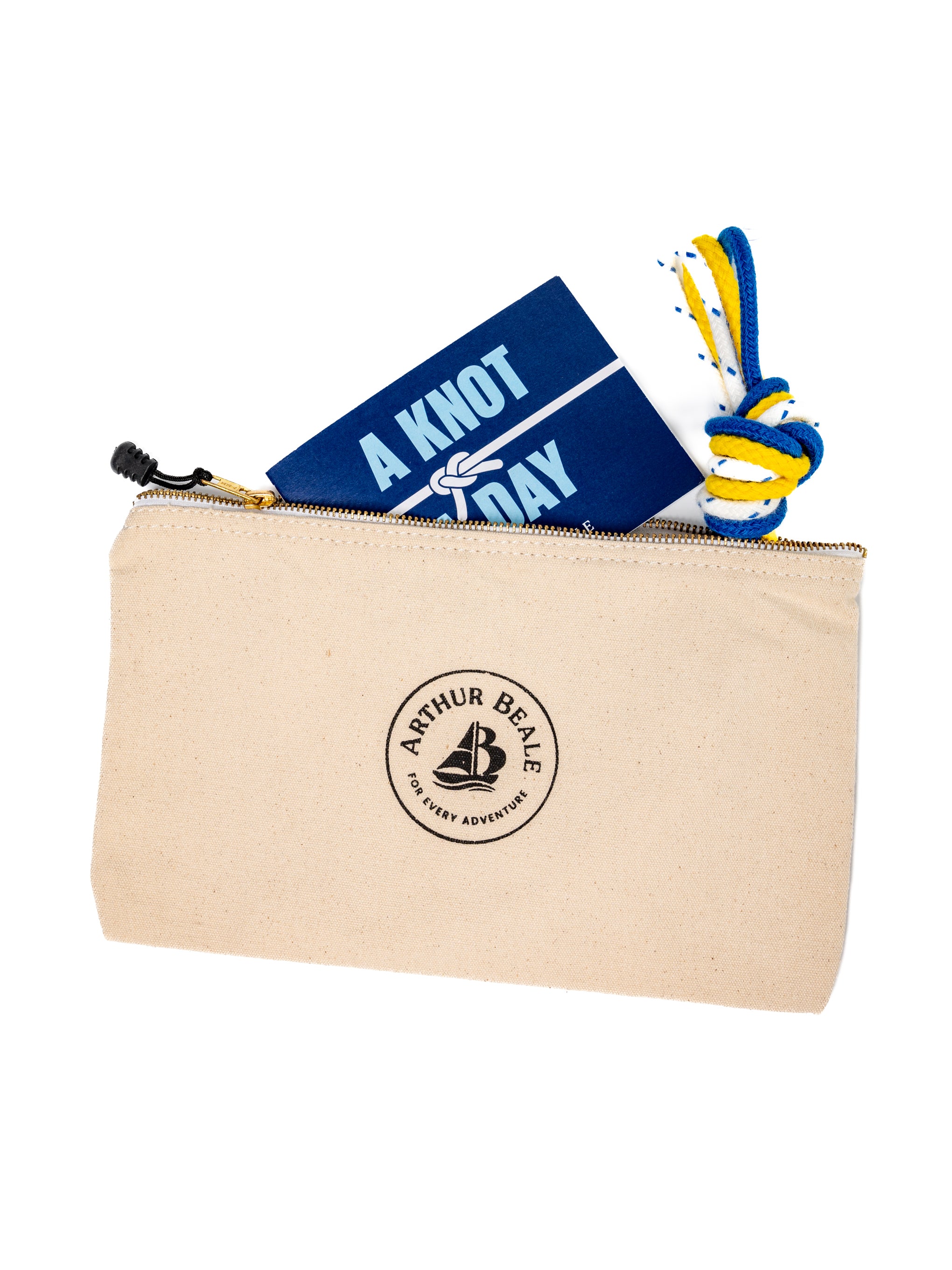
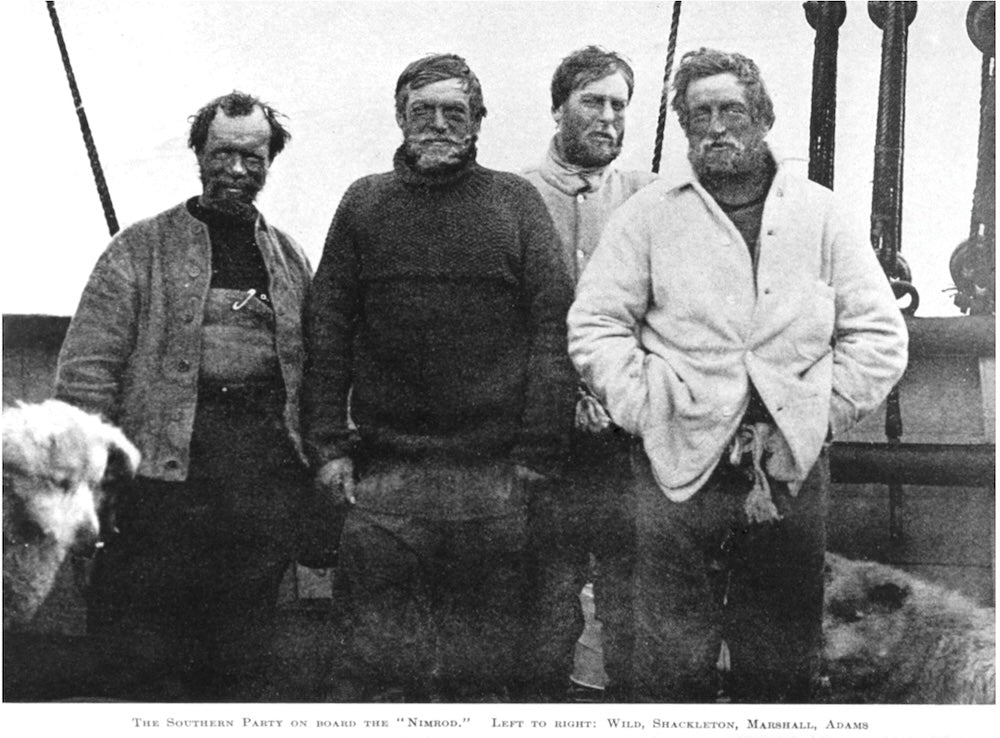
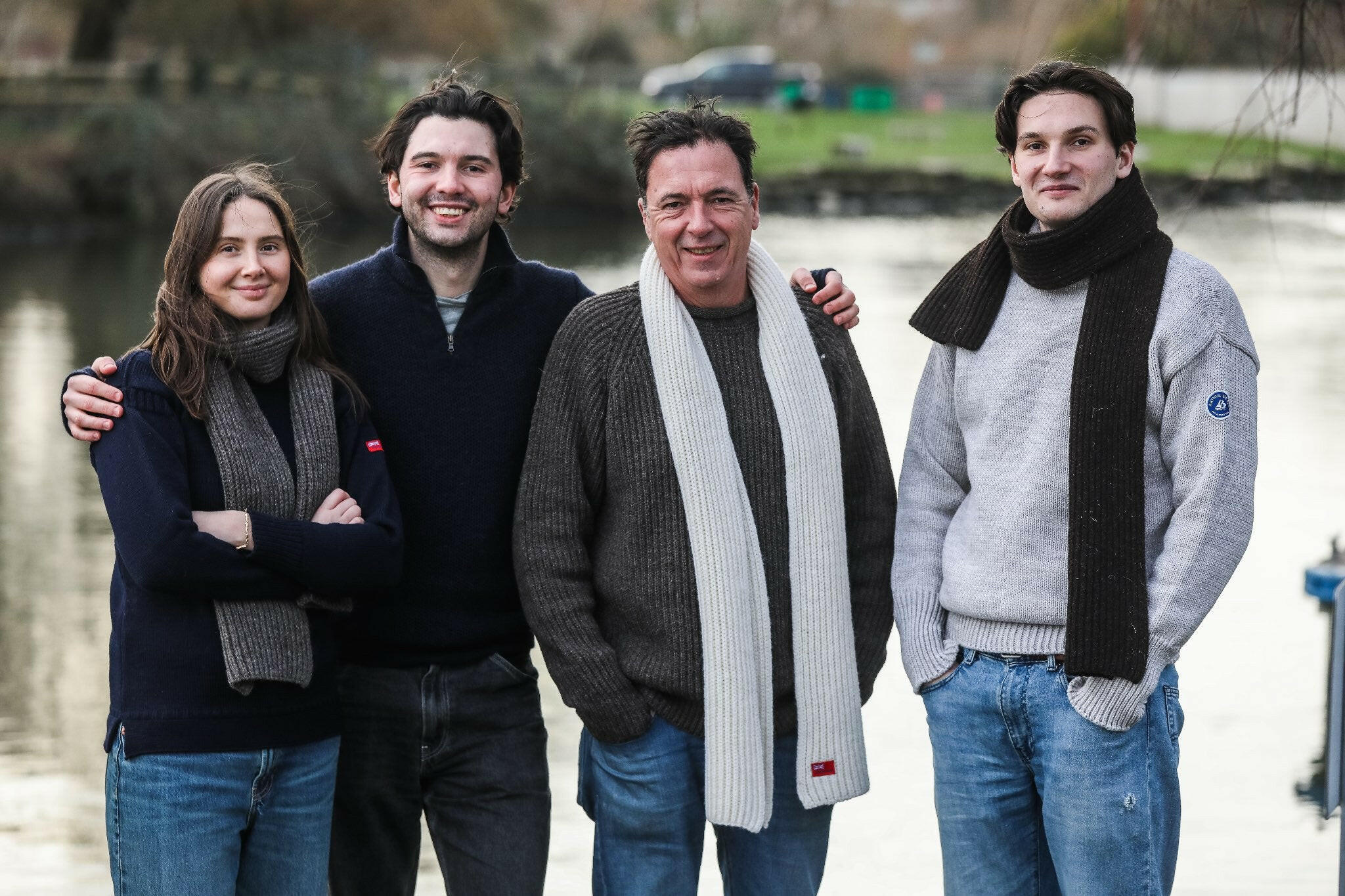
Leave a comment
This site is protected by hCaptcha and the hCaptcha Privacy Policy and Terms of Service apply.